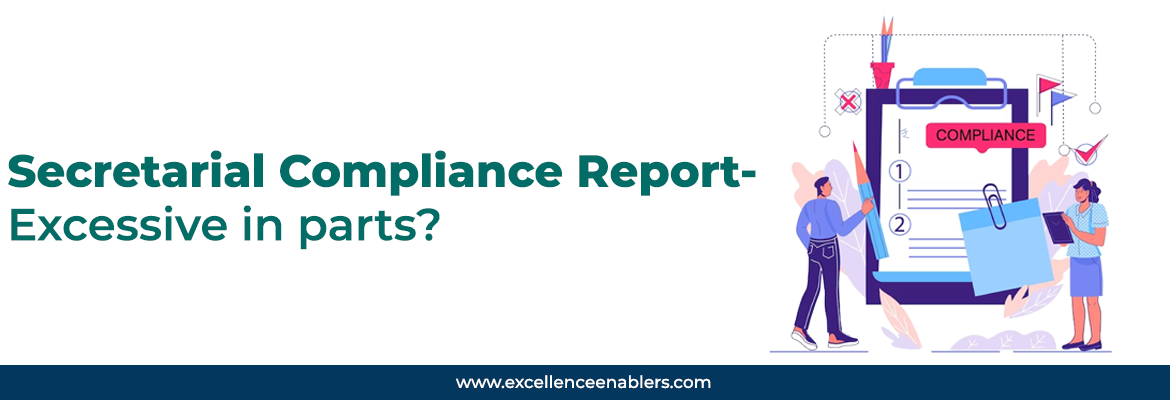An Independent Director (ID) is appointed on the Board of a company to bring independent opinion and objectivity to the process of decision-making. She/he is also expected to help improve the Corporate Governance standards of the company. While there is a lot of focus on the compensation that some IDs receive, the position comes with....










